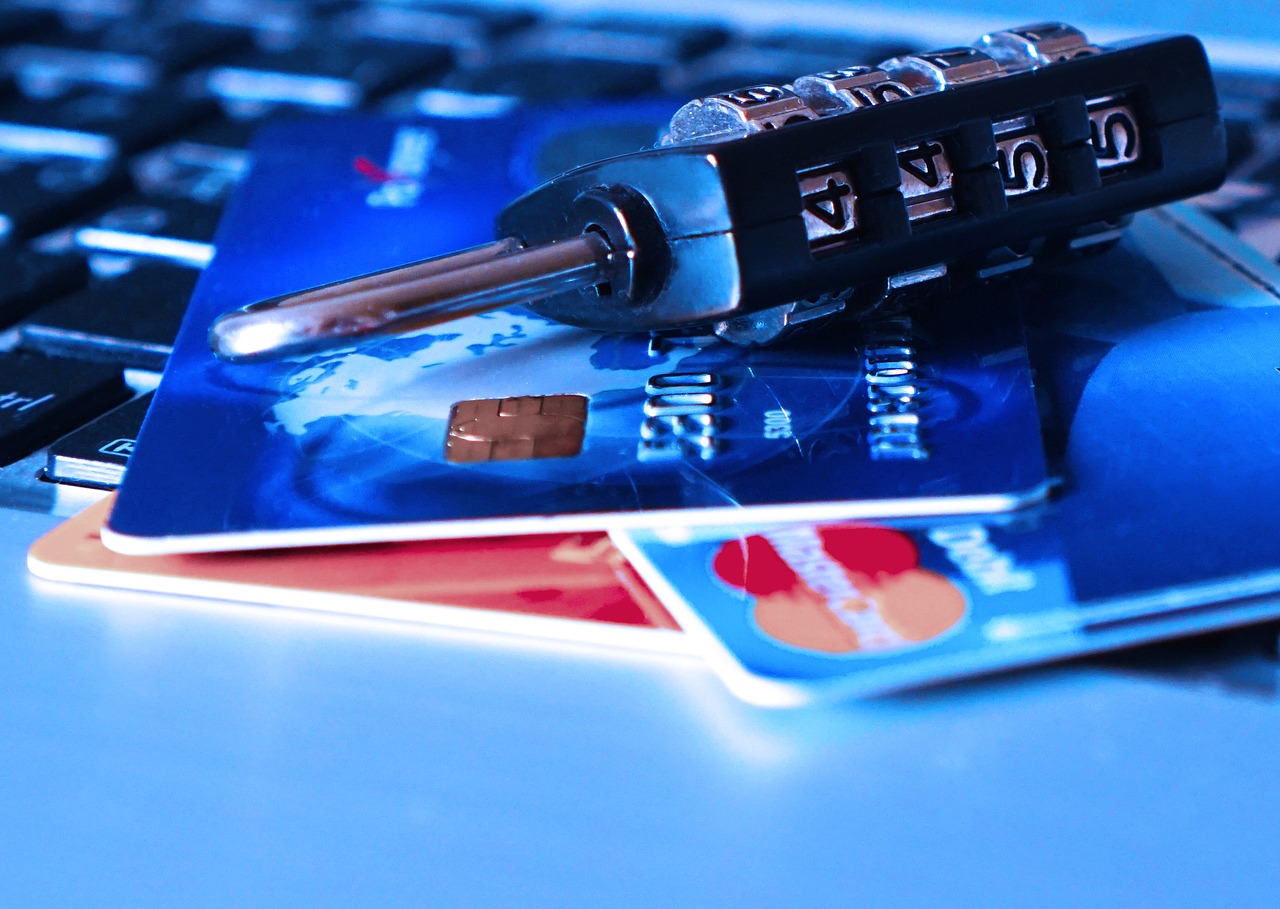7 Online Scams You Should Be Aware Of
The Philippine National Police (PNP) recently reported that online scams are at the top of the list of cybercrime complaints they received in the past year. It’s not difficult to fall victim to online scams that present intriguing and tempting offers, sometimes even tapping into your emotions.

It is important to be aware of such scams so that you can avoid the menace they bring. Here are some of the most common online scams that you should watch out for:
Buy-and-Sell Scam
As an online shopper, it’s tempting to buy a branded item sold at an unbelievably low price. Some sellers even offer additional discounts. But after you send the payment, they will disappear into thin air. On the other hand, sellers can be tricked, too. The scammer “overpays” an item using a post-dated check and asks for the change to be deposited to their account, only later for you find out that they sent a bounced check.The best way to avoid such scams is to shop and transact as much as possible only on trusted websites and use standard methods of payment like PayPal.
The best way to avoid such scams is to shop and transact as much as possible only on trusted websites and use standard methods of payment like PayPal.
Networking Scams
Unfortunately, the term networking has become synonymous with scams due to the number of fraud incidents involving networking and multi-level marketing. Scammers use the idea of sure and easy money to tempt you to “invest” money for registration or for a business package. Then, all you need to do is get more people to join the team. What you’ll get in return is the promise of a continuous flow of money.
Know that legitimate networking does not work like that. Be sure to check the license and the background of the networking business you’re investing in.
Phishing or Identity Theft
This is perhaps one of the oldest and notoriously successful online scams. Phishing is basically like fishing, which is how it got its name. Scammers use e-mails and fake websites as bait for you to enter your credit card information, bank details, passwords, and other personal information.
Make sure that you check the authenticity of every website you use and emails you open, especially the ones that ask you for personal information.

Lottery Scam
Wow! You just won a lottery and you don’t even recall ever joining one. That should already be a red flag for you. They might include a legitimate title of a lottery, a name of an official, or even a Department of Trade and Industry (DTI) “permit” number.
No matter how exciting the thought of winning big is or how legitimate it seems, if you never entered a lottery or contest and they’re asking for a fee for claiming the prize, do not even bother to reply or call them.
Disaster Relief Scam
During times when the county is experiencing different calamities and national crises, many genuinely concerned fellows initiate relief drives to send help to the disaster-stricken communities. There are those, however, who take advantage of the circumstances for their own relief.
Be sure to send donations only to reputable organizations or ask for detailed information (office, address, website, etc.) of any organization you are coordinating with.
Online Dating Scam
Online dating is not a bad thing, but it may be bad for you if you fall and trust too easily. There are people who invest time to engage with and entice you so that they can get what they want from you. Eventually, they will start asking for money and material things. Sometimes, they will even ask for more private information like your credit card details. They might compel you to send over money for an “emergency” or even agree to meet up with you in shady circumstances.
Although online dating can be fun, remember to never share personal information and choose who you meet up with carefully.
The ‘Nigerian’ Scam
You might receive a formal email from a businessman who supposedly needs to transfer millions of dollars, pressuring you to venture into a business or investment opportunity. Another version is a rich and terminally ill widow who is looking to donate her money for goodwill.
Again, no matter how tempting this is, remember that big money doesn’t come easily. Do not fall into the trap of sending your credit card and bank details through e-mail.
The key to avoiding online scams is not sharing personal information and being skeptic of too-good-to-be-true offers. If you ever get scammed, you can report to the PNP Anti Cybercrime Group through their hotline number (02)723-0401 local 5313.
Source: PNP Anti Cybercrime Group website













